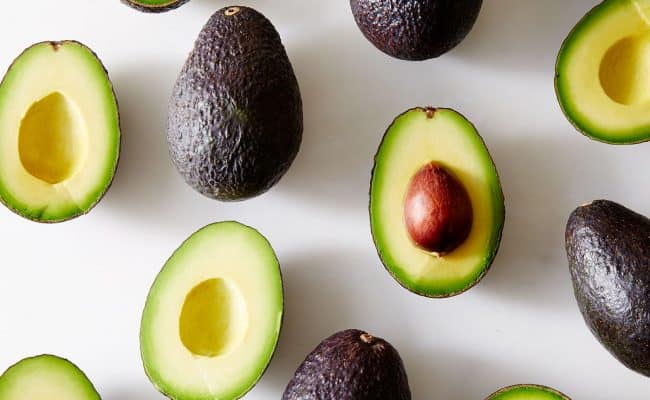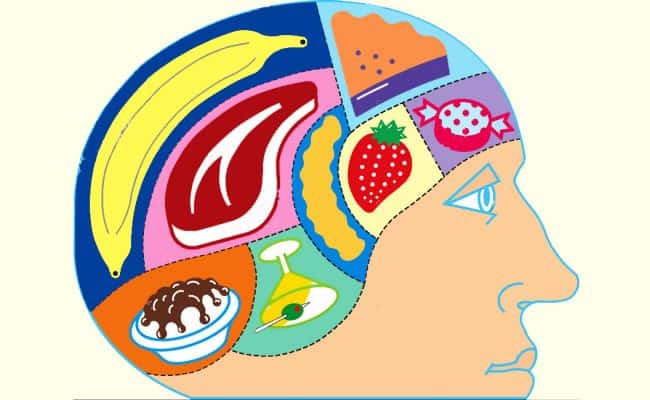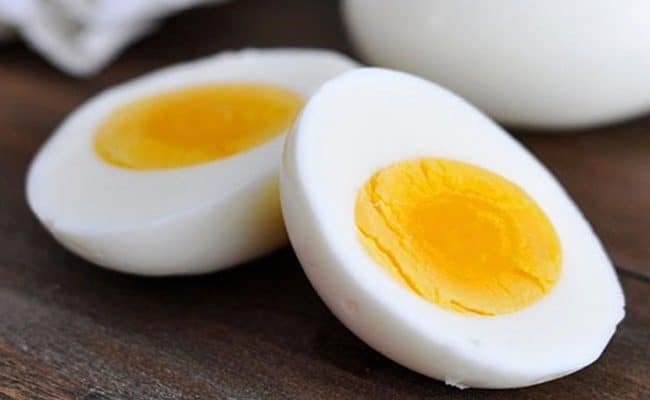
There has been plenty of controversy over the years as to the effect of eating eggs in our health. There is so much conflicting information around that it is almost impossible to know if eggs play a part in a healthy diet or whether we need to limit our intake.
Are eggs bad for cholesterol levels, high fat, a super food or an excellent food for weight loss? Here is a summary of the current evidence and guidelines to help you decide if eggs are right for you.
Eggs and cholesterol
Probably the most controversial nutrition question about eggs is if they can cause high cholesterol in the body and therefore increase risk of heart disease if consumed in excess. There is no doubt that eggs, in particular the yolks, are relatively high in dietary cholesterol.
However, it has been shown that dietary cholesterol is not the biggest culprit in raising ‘bad’ blood cholesterol levels. Saturated and trans fats are in fact much bigger factors in raising these unhealthy blood cholesterol levels that lead to blockages in blood vessel. Eggs in fact contain very little saturated fat and no trans fats and have also been shown to contain high levels of omega-3 fats that are thought to be heart protective.
The American Heart Foundation acknowledged this fact in 2000, changing their recommendations in regards to eggs intake for healthy people allowing one egg per day, although this is accompanied by a recommendation that total daily dietary cholesterol should not exceed 300mg.
Are eggs a high fat food?
An egg contains around 5g of fat; however, most of this fat is of the healthy unsaturated type. Fat is necessary in our diets in order for our bodies to function correctly, so an egg is a great way to get some of these necessary healthy fats.
If consumed as part of a diet that is healthy overall and does not contain too much fat, there is no reason to avoid eggs because of the fat they contain.
Nutritional benefits of eggs
Eggs are incredibly nutritious, particularly the yolk, which is the part that many people tend to avoid as they perceive it to be unhealthy or high in fat.
Eggs contain 11 minerals and vitamins (in relatively high amounts) and are also an excellent source of vitamin D, which is essential for strong bones.
Eggs are also high in nutrients such as lutein and zeaxanthin, which are thought to slow the process of age related macular degeneration. There is also the possibility that the high choline content in eggs may aid brain development and memory.
Are eggs suitable for weight loss?
Whilst many people see eggs as too high in fat and calories to be suitable for weight loss, there is some evidence that as part of a healthy diet eggs can in fact aid weight loss. An egg contains about 70 calories, so is not a very high energy food and perfectly suitable as part of a weight loss diet.
Eggs are also high in protein which can help to curb hunger and keep you feeling full for longer.
A study published in the international journal of obesity got results supporting the use of eggs as part of a calorie controlled diet to aid weight loss. In this study overweight and obese male and female participants were assigned to egg breakfast or bagel breakfast groups, with some participants from both group following a low calorie diet, and others maintaining their normal diet.
The study found that in those on a low calorie diet, participants who ate eggs for breakfast lost more pounds and had a greater reduction in waist circumference than those in the bagel group. However there was no difference between the groups for those not following a reduced energy diet. This suggests that when combined with a low calorie diet eggs can enhance weight loss.
Another study investigating the effect on satiety of an egg breakfast compared with a bagel breakfast suggested that those eating eggs had greater satiety and ate less in the hours following the meal and the next 36 hours.
Although eggs are appropriate for a weight loss diet, it is important to remember that your overall energy intake must be less than your output to lose weight, so eggs need to be part of an overall healthy diet.
It is also essential to bear in mind that whilst eggs themselves can be considered relatively healthy, they are often found in unhealthy forms mixed with ingredients high in saturated fat and calorie for example quiches, and scrambled eggs made with cream and butter.
For best results use low fat cooking method such as poaching, dry frying or boiling eggs to get maximum nutrition without adding extra unhealthy fat or calories.
References used in this article










